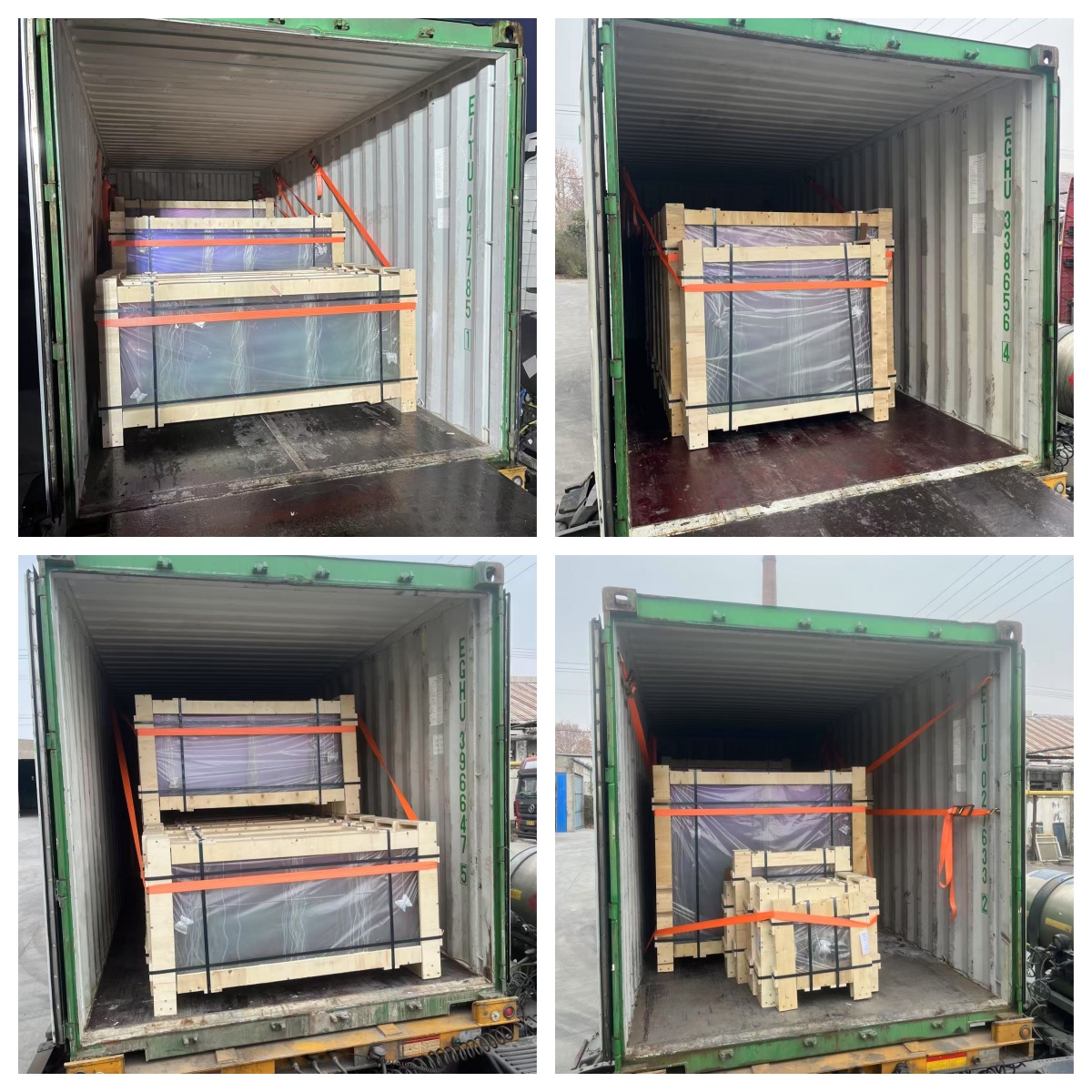
Havecon's 250,000 square meter low-fog coated glass project in the Netherlands
The following is a new project in the Netherlands, using low-Haze coated diffuse glass, covering an area of 250,000 square meters. The light transmittance is ≥97.5%, which is the highest level in the horticultural field.
We appreciate the trust of our customers, and the goods we delivered exceeded their requirements both in terms of product quality and delivery speed.
Yuhua Glass consistently provides customers with high-quality and tailor-made horticultural glass. We will help customers maximize the profit output of their projects.
The diffuse glass and AR-coated diffuse glass produced by Yuhua have cooperated with many large commercial greenhouses in agriculture, horticulture, nurseries and experiments. We have cooperated with large greenhouse project companies such as Havecon, Van Der Hoeven, Kubo, etc. for many years. Yuhua greenhouse glass has a light transmittance of up to 99%, and haze 5/10/20/30/50/70/75 greenhouse diffuse glass is available!
Need more detailed information or a solution of greenhouse glass? Need guidance on how to choose the right glass for your greenhouse?
Consult online customer service, leave us a message or send us an email!

Tags:anti-reflective glass diffuse glass agricultural greenhouses glass greenhouse venlo greenhouse AR glass greenhouses glass agricultural glass horticultural glass #greenhouseglass #Antireflectiveglass #Diffusetemperedglass #Ultrawhitefloatglass #agriculturalgreenhouseglass #diffuseglass #horticulturalglass #Tomatogreenhouse #Coloredpeppergreenhouse #Lettucegreenhouse #Agriculturalgreenhouse #ARglass #venlogreenhouse #greenhouseglass #Antireflectiveglass #Diffusetemperedglass #Ultrawhitefloatglass #agriculturalgreenhouseglass #diffuseglass #horticulturalglass #Tomatogreenhouse #Coloredpeppergreenhouse #Lettucegreenhouse #Agriculturalgreenhouse #ARglass #venlogreenhouse #GlassManufacturer #invernadero #ArchitecturalGlass #ClearFloatGlass #FloatGlass
Previous:Yuhua Global Project Display
Next:Glass vs Polycarbonate Greenhouses: Which is Better for Your Growing Needs?



















